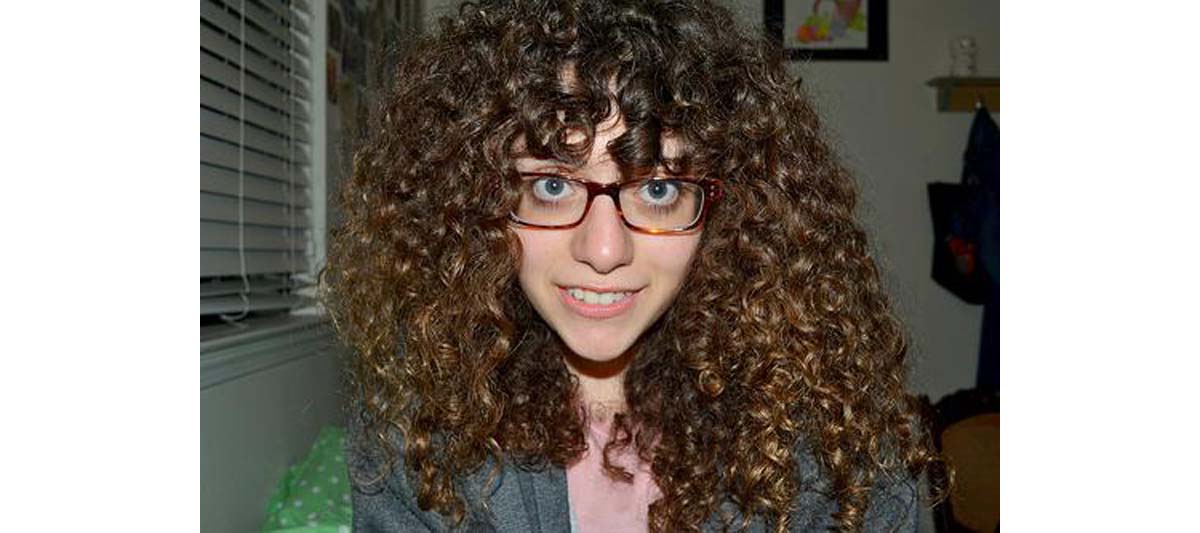Table of Contents
Salon formulas are prepared with more expensive ingredients, which is why the amount you pay is such a drastic difference from what you would pay for supermarket shampoo selections. But are these higher quality ingredients always necessary?
Often, we purchase a shampoo expecting it to give us the results that the label claims can be expected, only to be disappointed with the final outcome. Sometimes, the problem can actually lie with an inappropriate choice of formulas rather than the shampoo itself. Knowing what type of hair you have can aid in the choice of the proper formula. Finding a shampoo that works well for your hair can be an effort of trial and error.

Hair Types
Dry hair requires a lot of moisturizer . Shampoo tends to remove the hairs natural oils. Finding the proper degree of moistening shampoo for your hair may take a bit of experimentation. You certainly don’t want to use a product that is so mild it leaves the hair looking less than clean. On the other hand, you want to avoid drying the hair out any further.Oily hair requires more frequent shampooing with a shampoo that is specifically formulated for that hair type. You want to use a shampoo that is strong enough to remove the grease from the scalp and hair shaft. You want to avoid a shampoo that has added ingredients that might weigh the hair down or contribute to the need to wash more frequently.
Normal hair is generally the easiest to care for and should only require a mild to moderate cleansing shampoo . However, that does not mean that care should not be put into the type of shampoo that you buy. Purchasing a formula that is appropriate for your hair type can mean the difference between having clean, bouncy locks that are full of body or flat, dull hair that is weighed down.
Hair Texture
To make proper selection even more difficult, the texture of hair needs to be considered as well. Thin, straight hair tends to get greasy quicker than thicker hair. Heavy products will often weight thin hair down and should be avoided.Curly hair tends to be thicker and drier than straight hair. The use of heavy products may be the only way to see significant results in curly hair.
Read more: How Often Do You Wash Your Hair?
Processed hair requires special formulas that are designed to avoid color fading. Colored hair can be damaged easier due to the chemicals that are applied, which alter the hair. Avoid harsh treatments and be gentle with hair that has been processed.
Damaged hair , as a result of processing, heating or using styling products, will often need special treatments. Hair that has been damaged is easily broken. Products that repair and prevent further damage are available, but the treatment of damaged hair takes more than just the use of proper shampoo.
- shine.yahoo.com/fashion/salon-shampoo-vs-supermarket-shampoo-is-there-really-a-difference-1744027.html
- www.virtualhaircare.com.au/virtual%20salon/shampooing/areprobrandsbetter.html
- thebeautybrains.com/2008/08/18/do-salon-shampoos-have-better-ph/
- www.inovaprofessional.com/blog/2012/04/21/do-you-really-need-to-splurge-on-that-professional-hair-product/
- fashionphilosophia.wordpress.com/2012/03/20/5-beauty-problems-solved/

